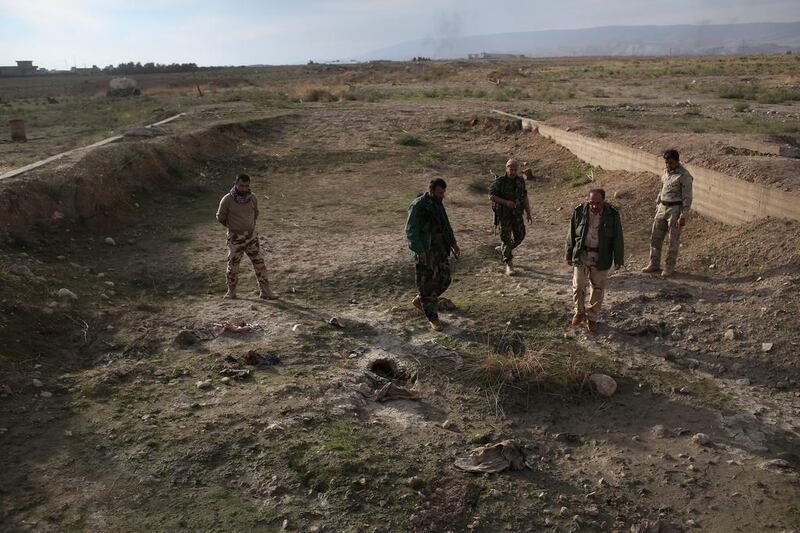Now that the horror of the weekend's terrorist attacks is becoming less raw, the focus is turning to how the civilised world ought to respond. The immediate reactions have ranged from expressions of solidarity by other countries – including the UAE – to French jets bombing the self-declared ISIL capital of Raqqa and, inevitably, some travellers opting to cancel planned trips out of fear of further attacks.
Emotive reactions might be understandable but they also help achieve ISIL’s goals of the attacks, whether conducted in Paris, Beirut, Egypt or within territory the group controls in Syria and Iraq. Some of the tourists who cancelled trips to Europe are Muslims who feared being caught up in the backlash by ignorant sections of the population who equate Islam with terrorism. In keeping with the phrase widely touted after the September 11 attacks 14 years ago, if we change our values and our way of life, the terrorists will have won.
Generating fear and discord is straight out of ISIL's playbook, as we have been reminded once again through the discovery of mass graves containing men, women and children on the outskirts of Sinjar. The retaking of this northern Iraqi town by Kurdish forces after a year under ISIL control ought to have provided a moment of celebration, only to be utterly eclipsed by the carnage in France and Lebanon. We know from other towns freed from ISIL control that mass killings are a common tactic employed by the group, which seeks to rule through a combination of fear and violence.
Whether it is in towns like Sinjar or in Paris theatres, ISIL’s ethos and strategies are the antithesis of the values that underpin life in most of the world, where communities work together for the common good. The attacks in Paris and Beirut merely confirm what we have long known: that ISIL is loyal to nothing but its own warped misinterpretation of the message of Islam and the propagation of its own power.
Just as we have long known the nature of ISIL, so too the nuanced and appropriate response to the events in Paris and Beirut remains unchanged from before. ISIL has to be defeated not just militarily but even more importantly on the ideological battlefield, by offering a compelling counternarrative to the extremist ideology that unfortunately has appeal to disaffected youth across the globe. If we achieve that, ISIL’s brutality will achieve nothing.





